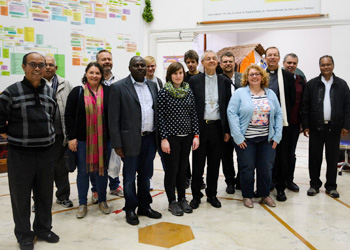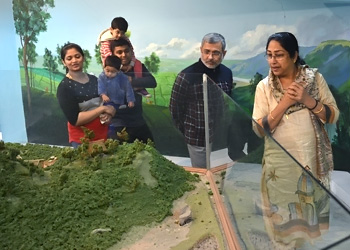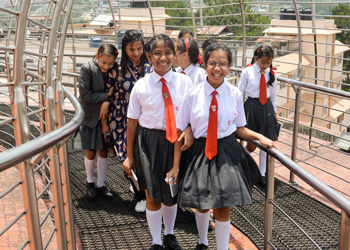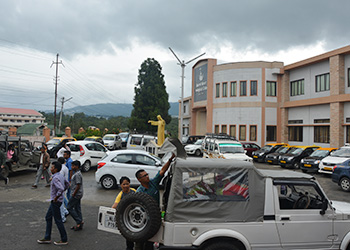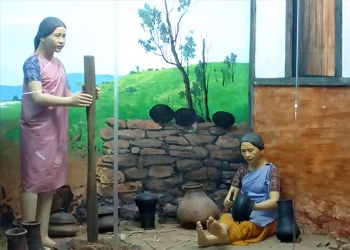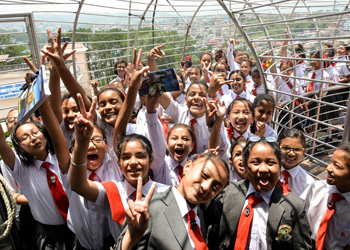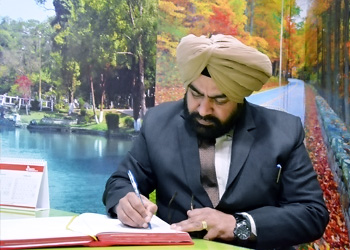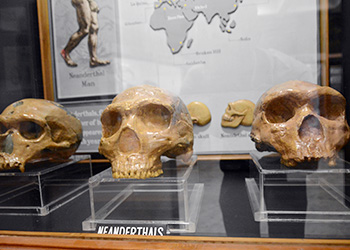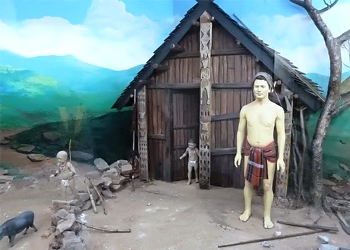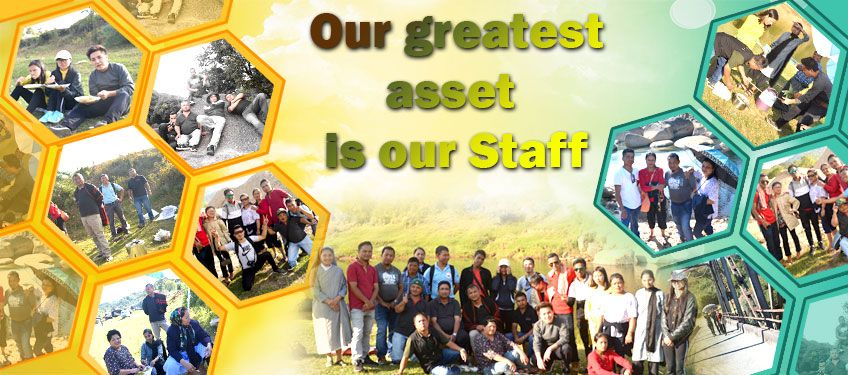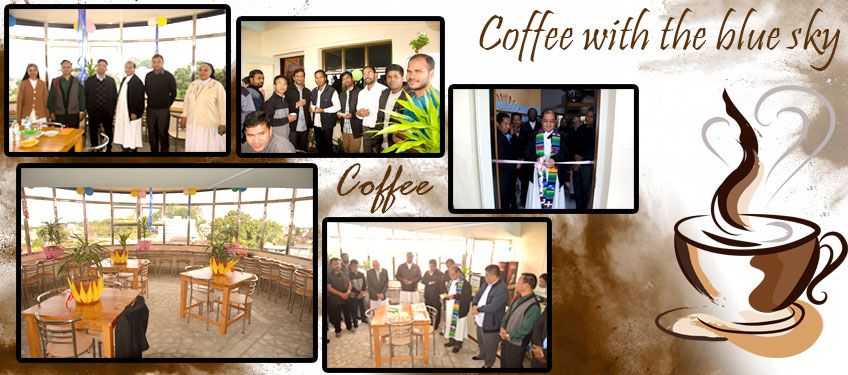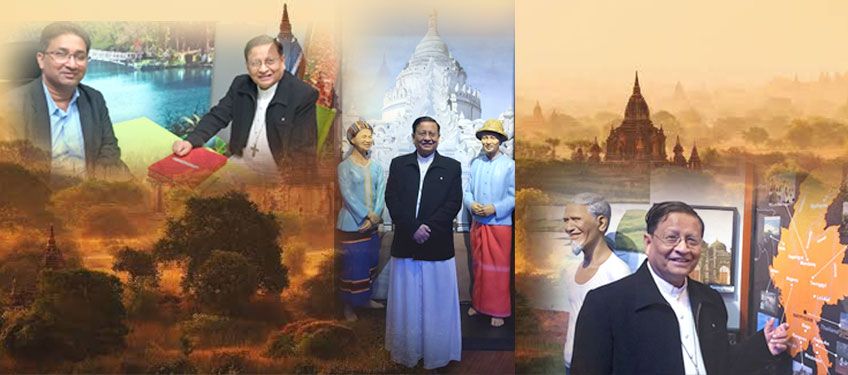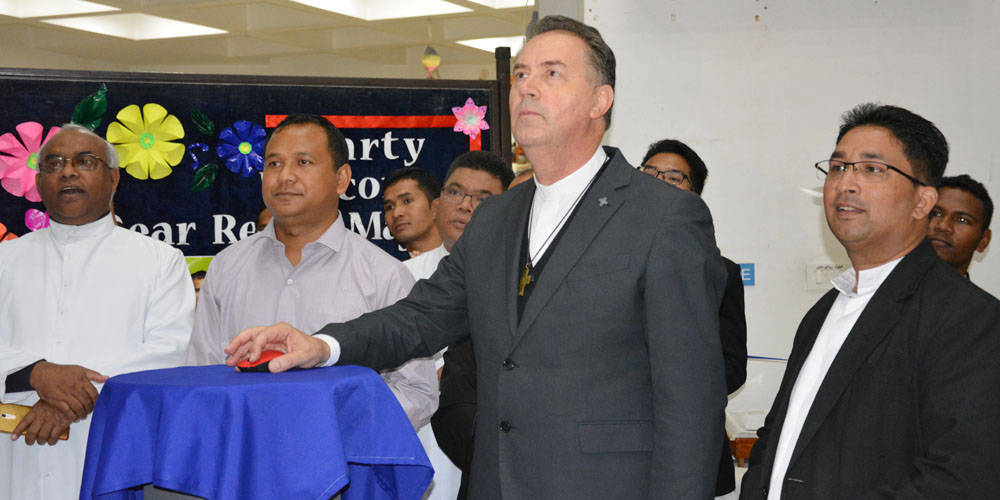The North East Umbrella
About the book
The geographical region known as ‘North East India’ has in many ways, great significance extending beyond its physical features. It has its own distinctiveness in respect of its population component and cultural pattern. It is the home of the Kiratas or Indo-Mongoloids, with a strong presence of Austric and Dravidian sub-strata in the racial and cultural make-up. Although in the later historical periods, wares of Aryan culture have swept over parts of the region-particularly the valleys of Assam, Manipur and Tripura, the preponderance of the Indo-Mongoloid racial and cultural features cannot be missed. Even though, the Indo-Mongoloid had not occupied a centre-stage position in the history of India’s civilization, they have never been off the stage either. This is a region where tradition had held its way till very recent times. But unusually heavy influx of people from outside the region has of late disturbed the demographic and cultural balance of the region. Waves of development and modernization through the interventions of religious conversion and education have also played its part in changing the region’s cultural contours. There have been problems of identity crisis which has given rise to various kinds of movements aimed at self-assertion. Often, these movements have been the most noticeable social political features of the region. While there is no denying the fact of diversities within the region, there is also a fundamental sense of unity characterizing the seven units making up North East India-Assam, Manipur, Meghalaya, Nagaland, Arunachal Pradesh, Tripura and Mizoram. Presently there is also a realization of this unity among the people of the constituent units and the term “Seven Sisters” to designate the seven units reflects that sense of unity and togetherness running through them. Despite close interaction with each other for hundreds of years, the different tribes of North East India continue to live in peaceful isolation. The North East Umbrella is a compliment and recognition to that spirit of self-identity and mutual respect. CONTENTS Shared Cultural Background of Certain North-east Indian Tribes: Some Thoughts in the Archaelogical Perspective by Manzil HazarikaIntegrating Traditional Knowledge, Archaeology and Heritage Management in Nagaland by Tiatoshi JamirIndigenous Knowledge, Sustainability and Shifting Cultivation: The Garo Experience by Sukhnya SharmaExploring Prehistoric Identity: Fusing Cultural Tradition and Lithic Technology in North East India by Marco MitriMigratory Movements of the Chin-Mizo-Zomi Tribes by H. KamkhenthangEthnicity, Regionalism and Sub-Regionalism: A Reflection on the Boro Movement for a Separate Political Entity by Bijoy DaimariThe Issue of Identity and Plantation Labourers of Assam by Suni PioThangal Tribe of Manipur: Marriage Customs by Kh. Gokulchandra SinghSocio-Economic Impact of the Umiam Hydel Project in Tribal Areas by Synsharlang KharshiingInteraction among the Tribes of Tripura in the Backdrop of the Formation of TTAADC by Lincoln ReangThe Most Tragic Day in Mizo History by JV Hluna
About the Author
Prof. Desmond Kharmawphlang is a Professor and currently, Head of Department of Cultural and Creative Arts, North Eastern Hill University, Shillong. He is the author of Plurality and Beyond published by the Sahitiya Academy, India, 2004 and has numerous other publications at the National and International level to his name. Marco Mitri is currently an Asst. Professor at the Department of History Union Christian College. He completed his Masters Degree from Decan College and Research Institute, Pune and his Doctoral Degree from North Eastern Hill University, Shillong. He has to his credit, a published work An Outline of the Neolithic culture of Khasi-Jaintia Hills of Meghalaya, India published by the British Archaeological Report Series No. 2013, Oxford, 2009 and many other publications to his name.
Author: Marco Mitri & Desmond Kharmawphlang
Publisher: Don Bosco Centre for Indigenous Cultures (DBCIC)
ISBN: 81-85-408-00-54
Price: INR 165






